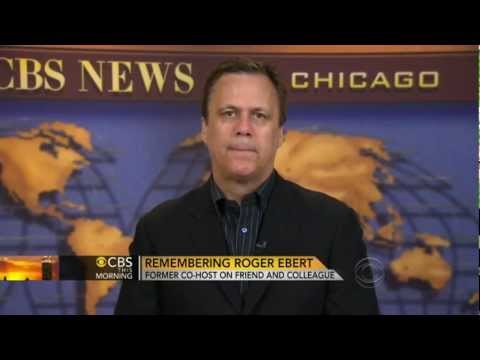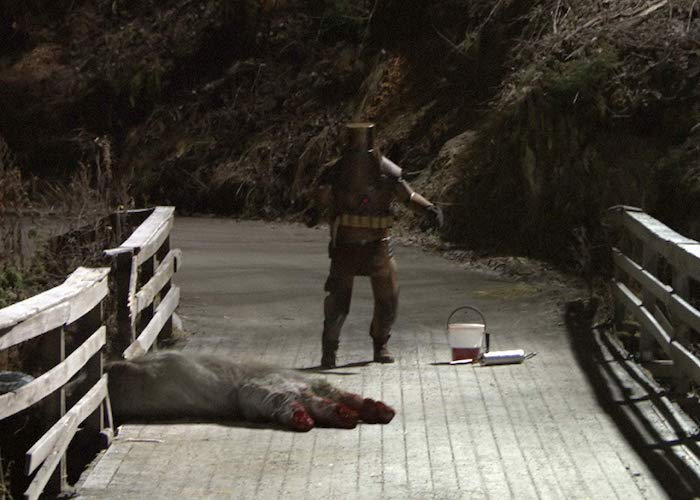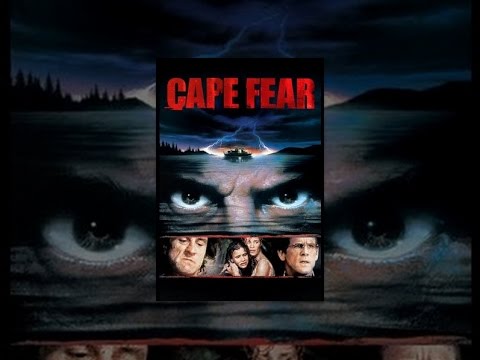FLASHBACK: Siskel & Ebert Warned Us About PC Culture, Ideological Conformity
No one film critic today matters as much as “Siskel & Ebert” once did.
Gene Siskel and Roger Ebert became the dueling face of film criticism via their long-running review show. They bickered and battled over the latest releases but kept their love for cinema front and center.
Their mutual respect, and consideration for viewers, made them household names.
Siskel died in 1999 following surgery to remove a cancerous brain tumor. Ebert passed in 2013 following his own, protracted cancer battle.

Their legacy remains intact, with videos of their classic TV appearances littering YouTube and the web.
One exchange, in particular, shows how prescient the duo were about emerging cultural trends. Neither lived long enough to see Cancel Culture and the woke mob constricting free expression, but in one “Siskel & Ebert” episode they warned us about such a future.
The undated clip finds the pair offering advice for budding film critics. Few would reject what the famous duo had to share on the subject.
Each recalled the early days of their own careers and the challenge of finding, and honing, one’s critical voice.
Political correctness is the fascism of the ’90s — Roger Ebert
The conversation shifted from the personal to the cultural when Siskel brought up the “courage” needed to say what you feel as a critic.
“There’s a whole new world called political correctness that’s going on,” Siskel said. “That is death to a critic to participate in that.”
“You’ve really put your finger on something,” Ebert jumped in, but Siskel was just warming up.
“Just personally wanting to be liked, wanting to go along with the group, is death to a critic. Take your best shot,” Siskel said. “I’ve been given this lucky break to say what I think. If I censor myself I’m gonna regret it, I’m gonna regret it.”
Ebert cautioned how aspiring writers of the era were falling victim to the growing P.C. mentality.
“A lot of college writers are either working for their student papers or they’re writing papers that are gonna be read out loud in class,” Ebert said. “Political correctness is the fascism of the ’90s. It’s this rigid feeling that you have to keep your ideas and your ways of looking at things within very narrow boundaries or you’ll offend someone.”
RELATED: Film Critics Cancel Clint, Cheer Criminal ‘Hustlers’
Ebert pushed on, speaking in ways that reflect the ideological conformity in the mainstream press today. Just consider how New York Times staffers revolted after a Republican senator’s plainspoken op-ed or how half the newspapers’ writers fear expressing their views.
“One of the purposes of journalism is to challenge just that kind of [P.C.] thinking,” Ebert said. “Certainly one of the purposes of criticism is to break boundaries. It’s also one of the purposes of art.
“If a young journalist … tries to write politically correctly what they’re really doing is ventriloquism. They’re not saying what they think. They’re projecting their ideas into another politically correct persona and trying to pretend that persona reflects their ideas, and that’s tragic.”
“You’re training yourself at a very young age to lie, to lie,” Ebert added for emphasis.
Ebert looked back at his own college days at the University of Illinois, when his school newspaper featured voices from the Left and the Right.
“Let’s have a lot of opinions, and that’s very important,” he said. “Today, on the campus, there’s such tunnel vision when it comes to political correctness that people are afraid to use terms or to have feelings that haven’t been approved.”
Sound familiar?
RELATED: Jim Gaffigan Veers to the Right, Slams Woke Film Critics
Siskel continues Ebert’s point, but in a way that fails to predict the toll Cancel Culture would have on those who speak their minds today.
“When someone does stand apart from all these dangers we’re talking about, and they do shoot their best shot, they’re going to be empowered by it. They’ll see that they’re not destroyed. They’ll see that they’re not revealed as a flake, as a phony, or wrong or stupid, things writers battle all the time.
“You’ll start raising the stakes for everyone else,” Siskel said.
Siskel was right about the latter argument, but he couldn’t envision an American culture that would go to great lengths to silence unique voices or even artists for deviating from groupthink.
It’s worth noting that RogerEbert.com currently lacks a single, openly conservative film critic on its staff.
The post FLASHBACK: Siskel & Ebert Warned Us About PC Culture, Ideological Conformity appeared first on Hollywood in Toto.





